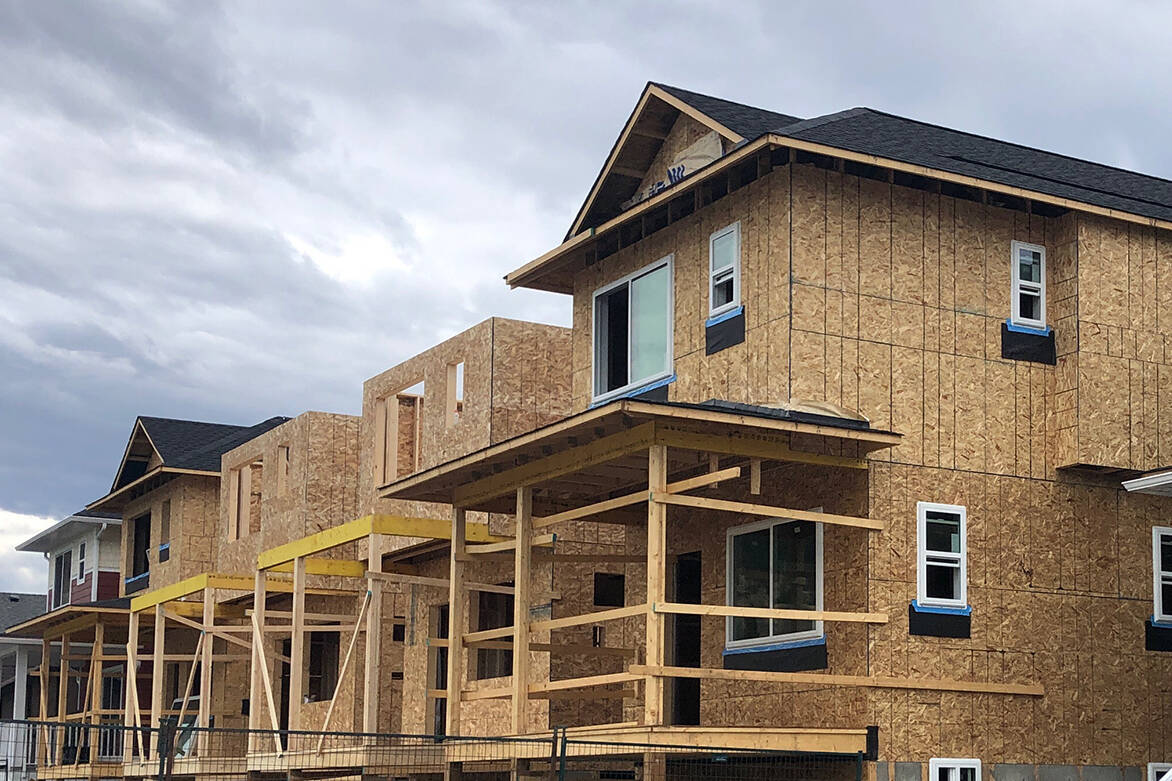Jobs Minister Brenda Bailey sees July’s drop in unemployment rate as evidence of B.C.’s economic strength, but the figures also bear some warnings.
The provincial unemployment rate dropped by 0.2 per cent to 5.4 per cent in July, according to the latest Statistics Canada figures.
Bailey said the decrease — which gives B.C. the fourth-lowest unemployment rate in Canada – is a sign that people are working and businesses are seeing more applicants for their open positions, pointing to job gains among youth and women.
The science and technology sector created nearly 10,000 jobs in July.
“Vancouver has also seen impressive job growth for tech talent with the highest growth rate among 50 North American markets surveyed by CBRE, a commercial real estate firm,” she said. “The growth rate was 69 per cent, resulting in the creation of 45,200 tech jobs between 2018 and 2022.”
The tech sector has certainly grown in recent years, some 2.1 per cent between July 2022 and July 2023. But if this sector is strong, another key sector of the provincial economy continues to weaken.
The construction sector lost more than 20,000 jobs in July 2023 and the sector as a whole has shed more than 10 per cent of its work force since July 2022 in reflecting a measured and visible slow-down in construction.
Less construction means less new housing coming online and the provincial government has identified vacancy issues as one of the primary obstacles for future economic growth with businesses concerned that they won’t be able to attract and retain staff in the face of affordable housing shortages. The provincial government has also set itself ambitious new housing targets, but a shrinking construction sector raises questions about the attainability of those goals.
RELATED: Unemployment in B.C. hits 5.6%; economy remains strong: minister
Reasons for slowing construction include rising interest rates (as deemed by the Bank of Canada) and higher costs for various goods, including energy and building materials in face of the geopolitical instability and inflationary spending following the COVID-19 pandemic. Also looming are the yet-to-be-fully-calculated costs of the current wildfires and drought conditions gripping much of B.C.
Bailey acknowledged these aspects in pointing to various support programs.
“While British Columbians and local economies are experiencing the stresses of global inflation, interest rate hikes, wildfire, droughts and supply chain disruptions, we’re continuing to support people and businesses now and for the future,” she said. “Through our StrongerBC Economic Plan, we’re putting more money back into people’s pockets, investing in housing, health care and skills training for the jobs of tomorrow, tackling climate change and helping businesses and people transition to clean-energy solutions.”
The provincial government also recently introduced the Securing Small Business Rebate Program, a $10.5-million program to help small businesses cover the cost of prevention measures and repairs for crime and vandalism.
Some time will likely pass until the effects of these programs will be become visible. But for now, unemployment has been trending in the wrong direction as 2022 ended with the unemployment rate at 4.1 per cent.
@wolfgangdepner
wolfgang.depner@blackpress.ca
Like us on Facebook and follow us on Twitter.

